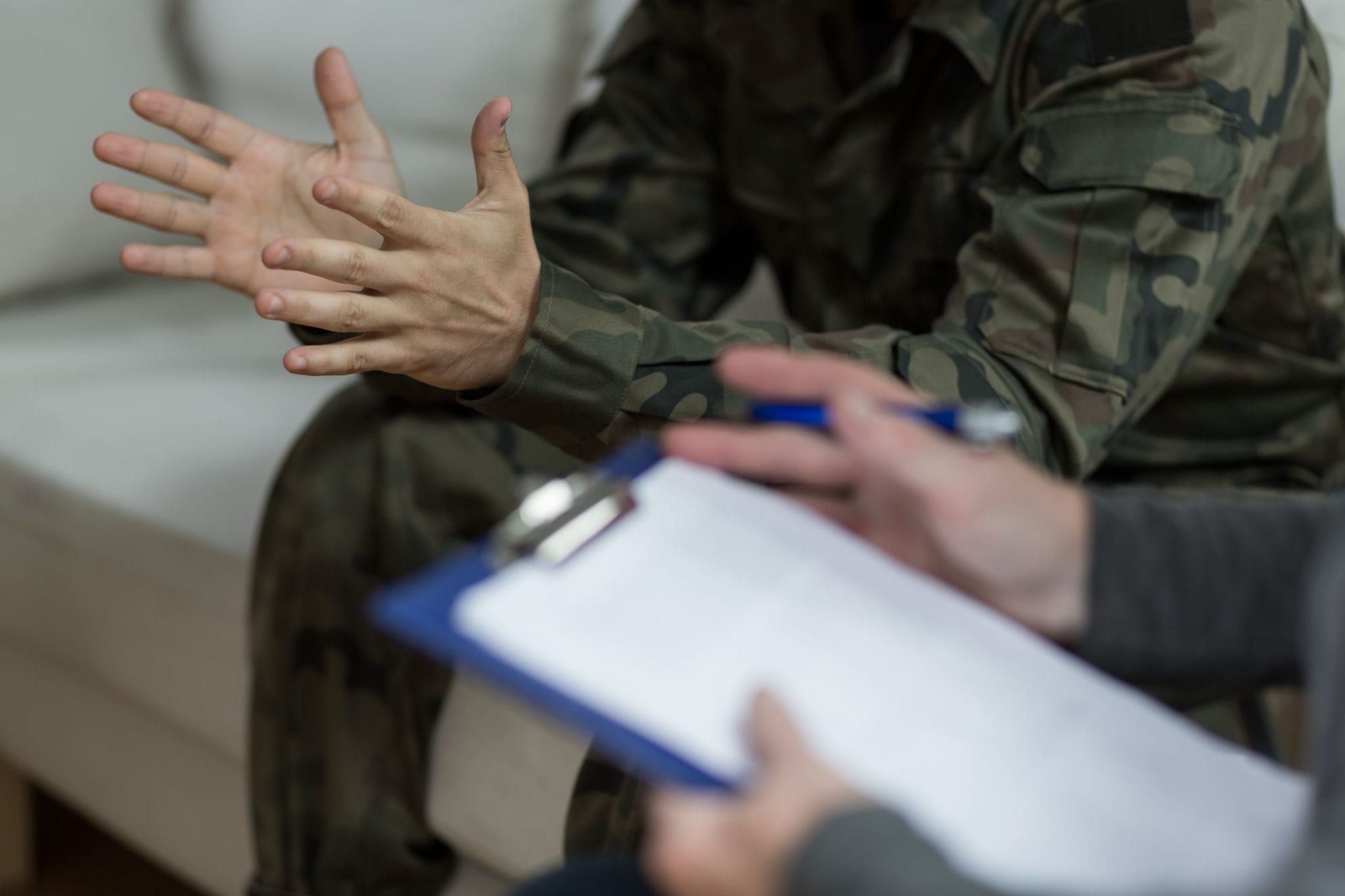
You probably know that the Uniform Code of Military Justice (UCMJ) is a separate set of rules from federal and state laws, but you might not know how separate. One of the most distinct differences is how the UCMJ governs the personal lives of military members.
Perhaps you’ve heard rumors of a law against cheating on your spouse. Though rarely used, this is technically true, and people have been prosecuted for it.
So, if you have been involved in some extramarital affairs, should you be worried?
Adultery and the UCMJ
How is adultery illegal in the military? It’s considered “conduct which is of a nature to bring discredit upon the armed forces.”
Article 134 of the UCMJ prohibits any behavior of this kind. Within Article 134 are the rules regarding adultery. Until very recently, a sexual act was only considered “adultery” if it occured between a man and a woman and involved vaginal penetration.
This (and other things) changed in 2016, when the UCMJ went through a huge overhaul. The changes didn’t eliminate adultery, but they did redefine what it meant to cheat on your spouse.
Now, adultery is any type of sexual conduct, including oral and anal penetration. Additionally, this change expanded the law to include same-sex affairs.
The only loosening on the restriction is that couples who have legally separated can now legally participate in extramarital affairs without fearing any prosecution.
The changes went into effect on January 1, 2018.
Will You Get Prosecuted for Adultery?
In the military, you won’t find too many cases that just involve adultery. These types of charges are usually tacked onto more serious crimes. Take the case of Brig. Gen. Jeffrey A. Sinclair in 2014. Or that of Colonel Marcus Caughey in 2016. Both men were accused of adultery — but those charges were minor compared to additional charges of sexual assault.
Just because it’s rare to prosecute military members on the sole grounds of adultery doesn’t mean it never happens.
What Happens Once You Have Been Charged With Adultery
It’s not easy for a court to prove that a person is guilty of adultery. Depending on the evidence, it may be possible to prove that there was some sort of sexual conduct outside of the legal marriage, but there is another element to this charge.
In order to prove that someone is guilty of adultery, prosecutors have to prove that the act brought “discredit” onto the Armed Forces. Basically, if someone cheated and their acts didn’t negatively affect the reputation or the functioning of the military, they shouldn’t be convicted.
This is tricky ground. With the help of a strong defense lawyer, there are all kinds of ways to cast doubt on the assertion that your adultery resulted in any damaging effects on the military.
How Do UCMJ Cases Differ From Federal or State Cases?
Penalties for violating the UCMJ are very serious. If a judge determines that you are guilty of adultery or any other charge, you could face a court martial, administrative separation from the military, or be restricted from re-enlisting. Prosecution could even end your time in the military.

If you are charged with a crime against the military, you will have to reach out to a defense lawyer that understands what you are up against. The UCMJ is a different set of laws, so not all typical defense strategies will apply. Reach out to a lawyer with military defense experience to start fighting for your reputation and your future.
About the Author:
Christopher Keyser is a Minneapolis-based criminal and DWI defense attorney known for fighting aggressively for his clients and utilizing innovative tactics to get the most positive results. He has been featured in numerous media outlets due to the breadth and depth of his knowledge, and recognized as a Minnesota Super Lawyers Rising Star (2014–2015), a Top 100 Trial Lawyer (2013–2015), and a Top 40 Under 40 Attorney (2013–2015).





